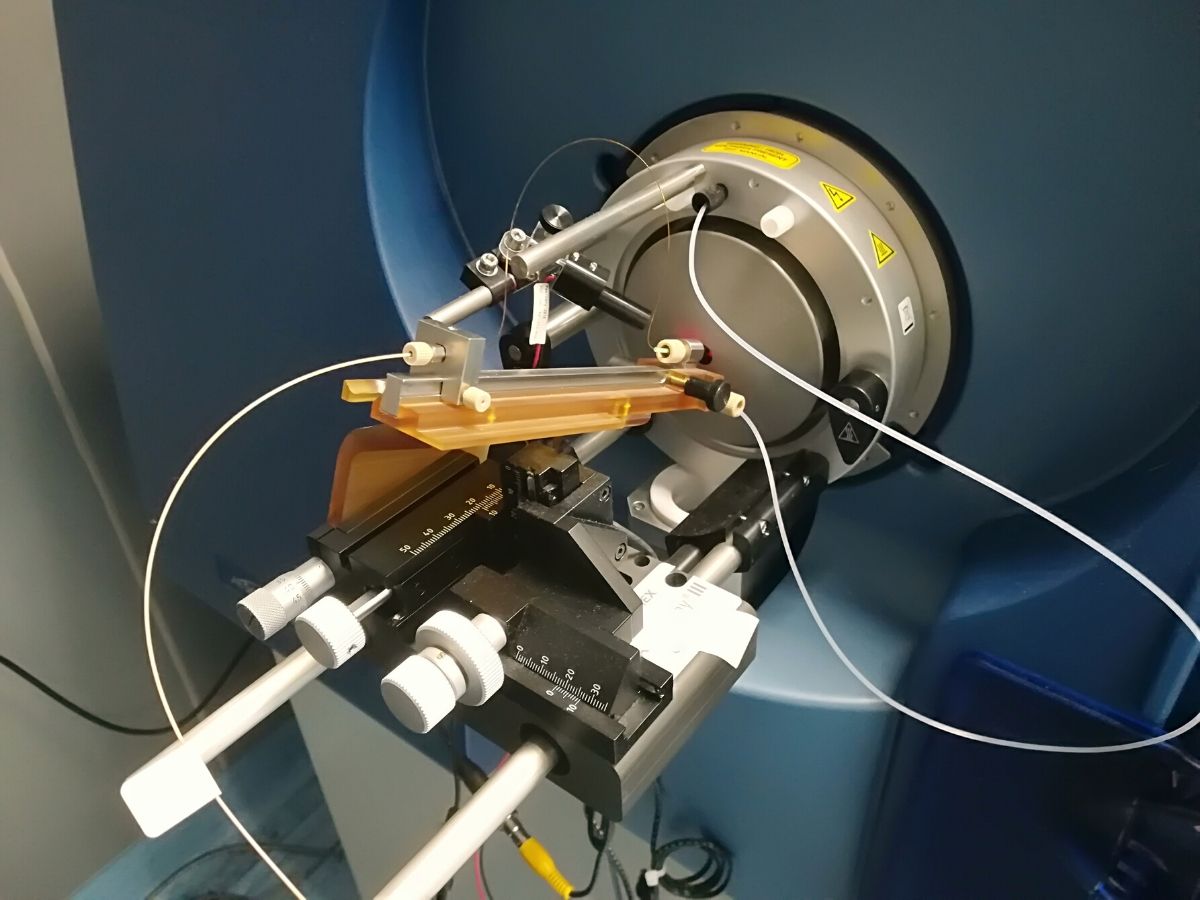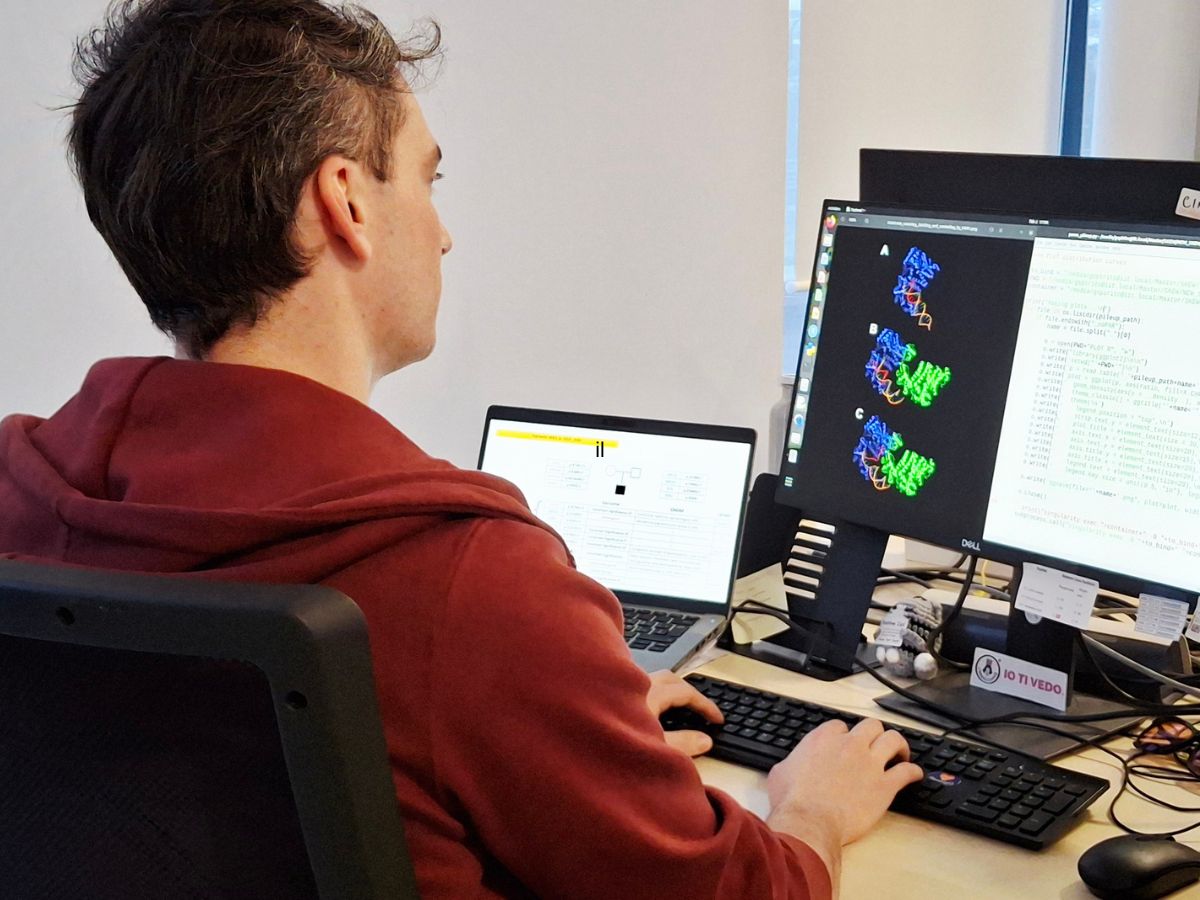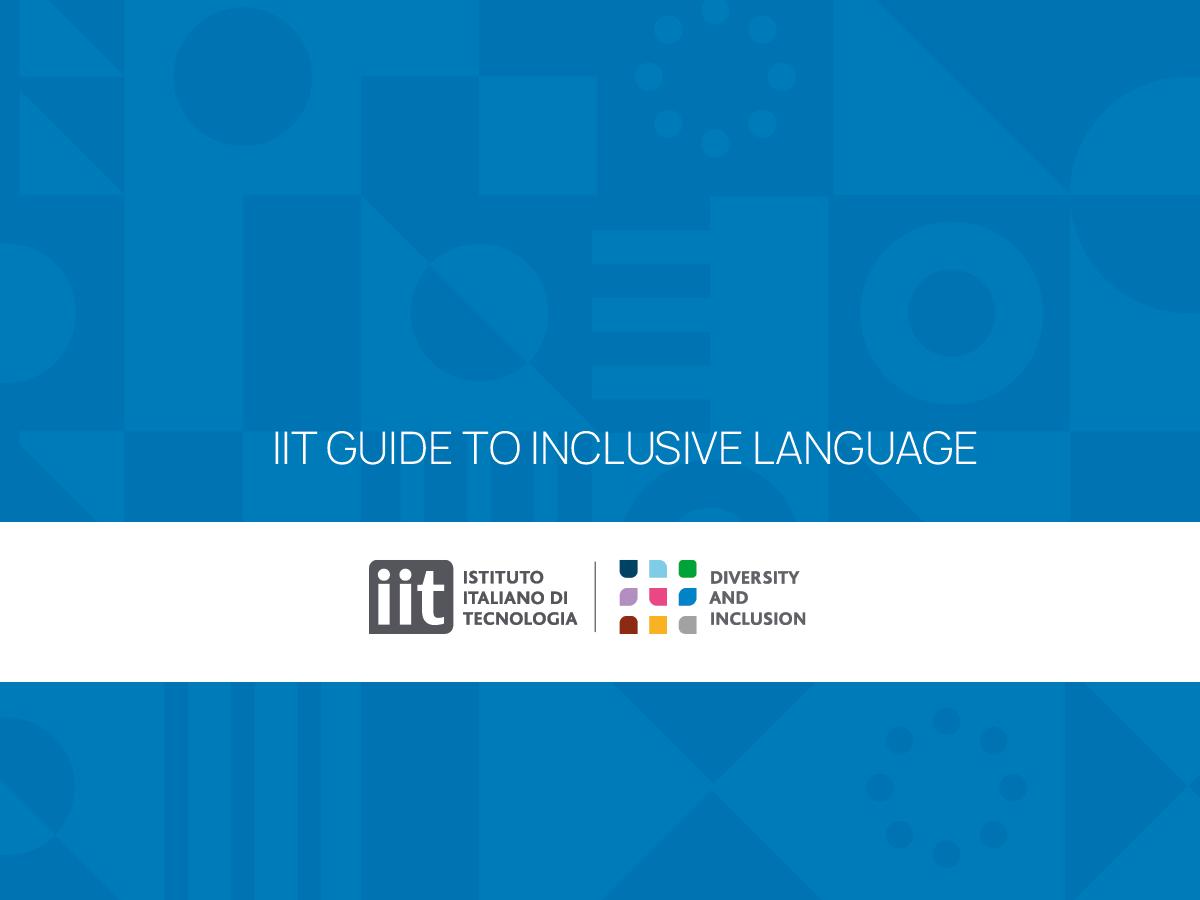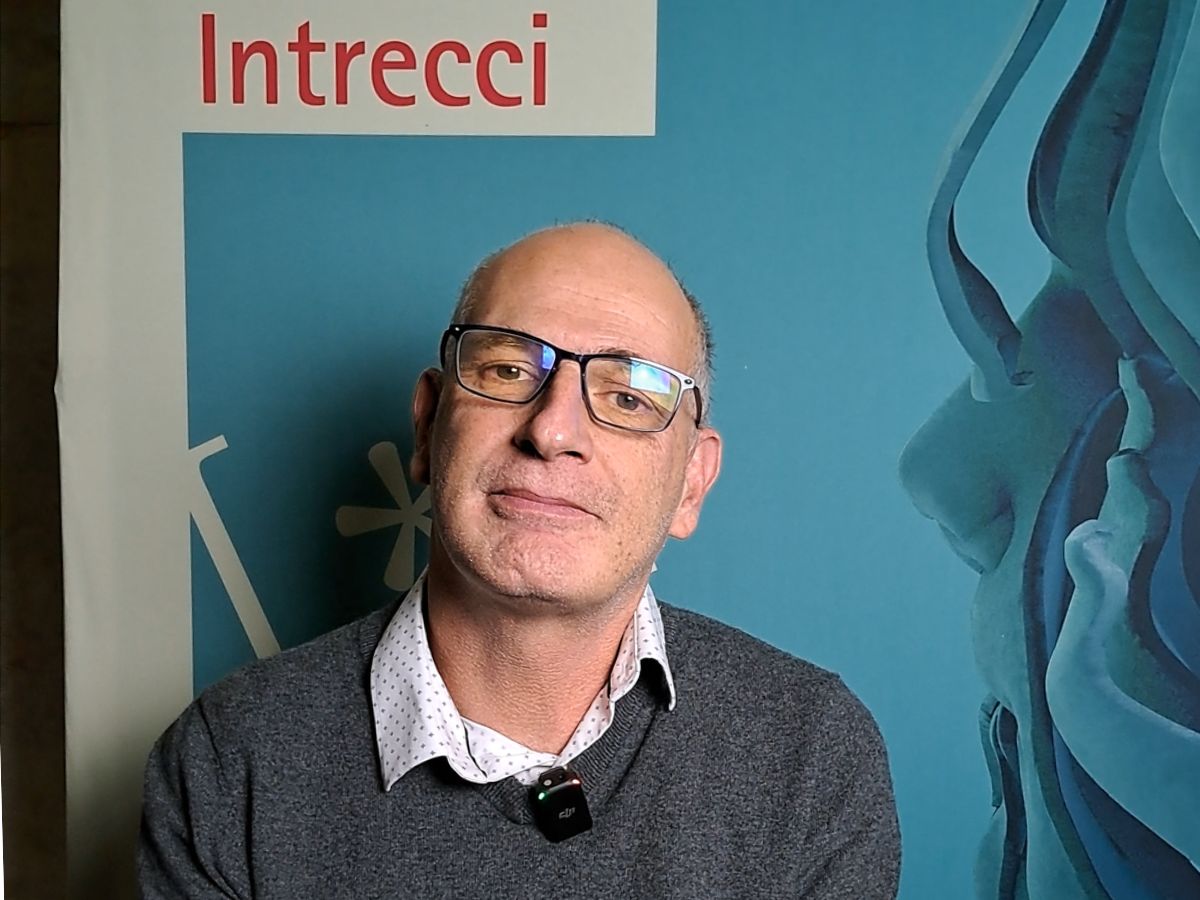The international network published a letter on The Lancet. The Italian network led by Andrea Armirotti, technologist at IIT
“This initiative, conceived by Perdita Barran, at University of Manchester, has grown up to a network of over 500 Labs worldwide in one month!” explains us Andrea Armirotti, Head of IIT’s Analytical Chemistry lab, who personally put a lot of effort on engaging Italian colleagues with the network. “In a matter of less than two weeks, the Italian Network was born, under IIT initiative”, he adds enthusiastically.
It was yesterday that the international group, the “COVID-19 Mass Spectrometry Coalition” published on The Lancet (https://www.thelancet.com/journals/lancet/article/PIIS0140-6736(20)31211-3/fulltext) a letter to explain their commitment against SARS-COV-2 virus. “Mass Spectrometry can generate thousands of data on a single experiment. Think about proteomics, where an average experiment can easily quantify 5000 proteins in a single sample. It is expected that the COVID emergency will produce Petabytes of data on many different aspects of this pandemic. What is the precise chemical structure of the virus? Can we identify in the host (us humans!) circulating biomarkers of exposure? And use them to predict the clinical outcome? Can we quantify the residual virus on surfaces? These are only a few examples of the kind of answers that Mass Spectrometry can provide” says Armirotti. “The 15 labs of the Italian network have already agreed to share samples and data and to split the analytical efforts. We are already working together on the first scientific project on COVID. As Italian coordinator, my task, beside staying connected with the worldwide Coalition, is to make sure that all Italian labs give their contributions with minimal or no overlap between them.”
The “COVID-19 Mass Spectrometry Coalition” (https://covid19-msc.org/) was established in April 2020. The Coalition is a network of over 500 mass spectrometry (MS) laboratories worldwide. MS is the most powerful and widespread analytical technique used in biomedical research, diagnostics and drug development. Among these laboratories, which belong to the major Research Centers and Universities in the world, there is also the “Italian Group COVID19 MS coalition“, which currently involves 15 laboratories from various Italian universities and research centers, including IIT, which has coordinated and promoted the formation of the Italian network itself. In Italy some members are CNR, Gaslini Institute, Istituto Mario Negri, Universitiesof Torino, Verona, Bologna and FirenzeIstituto Zooprofilattico in Torino and San Raffaele Hospital in Milano.
The purpose of the network is to support research on the current pandemic (and other future) by openly sharing resources, methods and data. Some of the areas in which MS can generate vital information are: the structural composition of the virus, exposure biomarkers, the detection of viral material directly from surfaces and many others. The Italian group is already at work, exchanging ideas and information. Some laboratories are already carrying out experimental activities on COVID-19. The Group is immediately available to collaborate with any institutional entity that wishes to interact with the respective laboratories and Institutes. Further information, as well as the list of all participating laboratories, are available on the website www.imass.it.
“The reason for the coalition can be summarized in a keyword: sharing” concludes Armirotti. “Sharing protocols and method it’s the basic of science, because experiments must be reproducible. Mass spectrometry is highly, if not totally, dependent on the nature and quality of the sample under analysis itself. Publicly sharing the protocols that have been used for a given experiment means that other people worldwide will be able to apply the same process and (ideally) obtain comparable data. Think about comparing EU and US population, for example, and how the pandemic hit them. Only by applying the same sample preparation and acquisition protocols we will be able to compare data and results and (possibly) draw reliable conclusions over different populations. Sharing data: samples, particularly human ones, are extremely precious. It is our moral responsibility to be able to extract as much data as we can and to make the most of out them, from a scientific standpoint.”
The Lancet Correspondence: https://www.thelancet.com/journals/lancet/article/PIIS0140-6736(20)31211-3/fulltext






